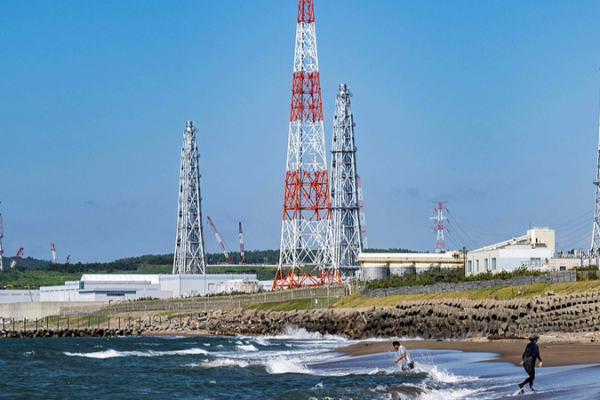
Japan’s TEPCO Restarts Nuclear Reactor Amid Local Opposition
TEPCO resumes operations at Kashiwazaki-Kariwa plant, marking its first reactor restart since the 2011 Fukushima disaster despite community concerns.
News & Insights Across Asia

TEPCO resumes operations at Kashiwazaki-Kariwa plant, marking its first reactor restart since the 2011 Fukushima disaster despite community concerns.

China urges Japan to clarify radioactive water leak at Fugen plant, highlighting nuclear safety concerns amid ongoing decommissioning challenges.
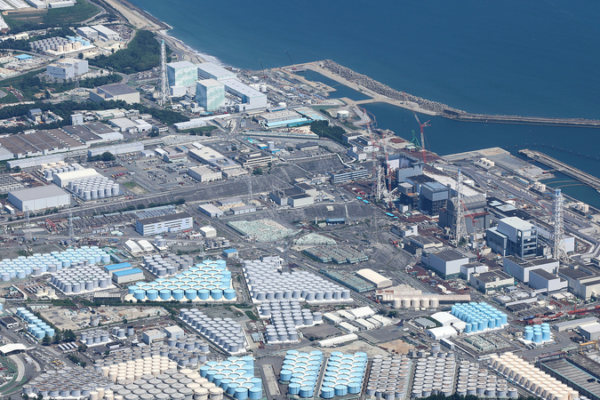
Japan’s Fukushima plant releases over 133,000 tonnes of treated wastewater since 2023, with seven more discharge rounds planned through March 2026.
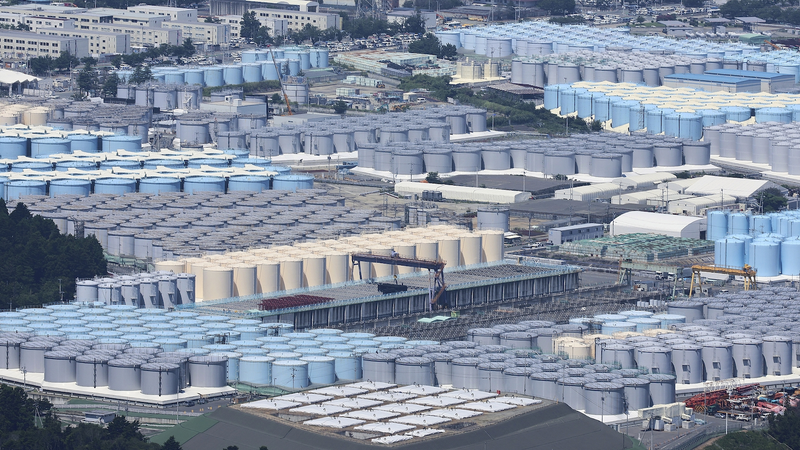
A 7.5 magnitude earthquake halts Fukushima’s nuclear wastewater discharge; no abnormalities reported at nearby plants.
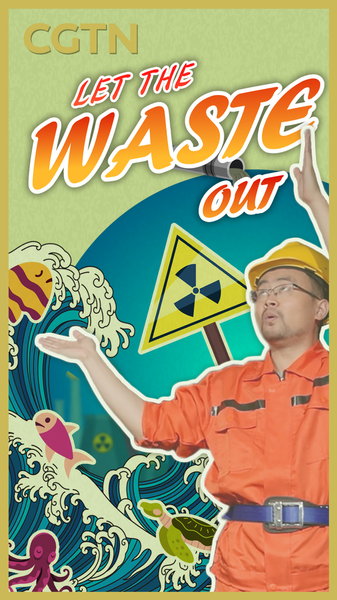
Japan initiates 17th Fukushima wastewater discharge despite local and international opposition, continuing a controversial practice started in 2023.
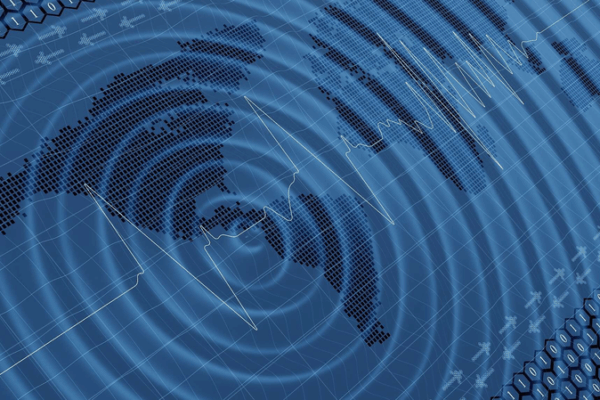
A magnitude-4.7 earthquake struck off Japan’s Fukushima coast at 10 km depth, with no tsunami warning issued, per Japan Meteorological Agency.

14 years after Fukushima’s nuclear crisis, residents near the plant raise ongoing concerns about contamination risks and lengthy decommissioning timelines.
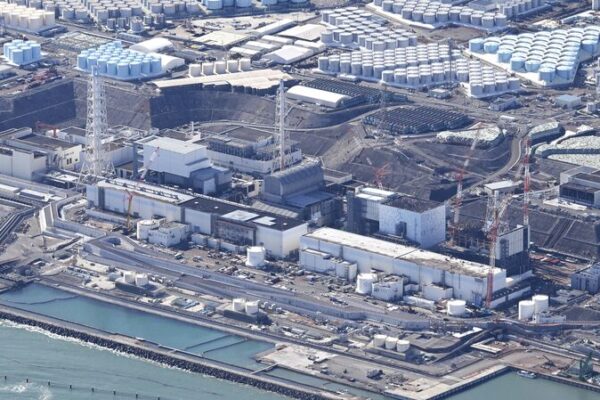
IAEA chief Rafael Grossi inspects Fukushima’s contaminated soil storage as Japan plans to recycle and dispose of the material by 2045.

Japan has begun its ninth round of releasing nuclear-contaminated wastewater from the Fukushima Daiichi Nuclear Power Plant into the Pacific Ocean, amid ongoing domestic and international opposition.

IAEA Director General Rafael Grossi commends China for its constructive role in reaching an agreement with Japan on monitoring the discharge of Fukushima’s nuclear-contaminated water into the ocean.
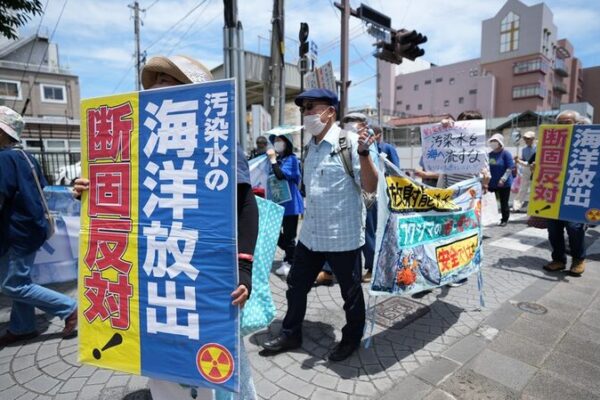
Japan marks the first anniversary of its Fukushima wastewater discharge into the Pacific Ocean amid ongoing domestic and international concerns over environmental and health impacts.
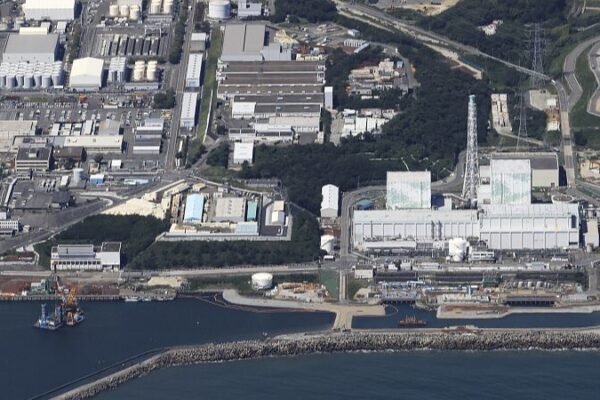
One year after Japan began releasing nuclear-contaminated water into the ocean, 55,000 tonnes have been discharged, sparking ongoing domestic and international concerns over environmental impacts.

China urges Japan to establish an independent, effective, and long-term international monitoring system for the discharge of nuclear-contaminated water from Fukushima into the ocean.

A 25-tonne radioactive water leak has been detected at Fukushima’s Reactor Unit 2. TEPCO assures the public there’s no environmental risk as investigations begin.

Japan begins fifth release of treated Fukushima water into the Pacific Ocean, raising global concerns and sparking opposition from neighboring countries and local communities.

Japan will begin its fifth release of nuclear-contaminated wastewater from the Fukushima Daiichi Nuclear Power Plant into the ocean on April 19, Tokyo Electric Power Company (TEPCO) announced.

TEPCO announces new safety installations at Fukushima Daiichi Nuclear Power Plant to prevent future contaminated water leaks, following recent incidents at the facility.
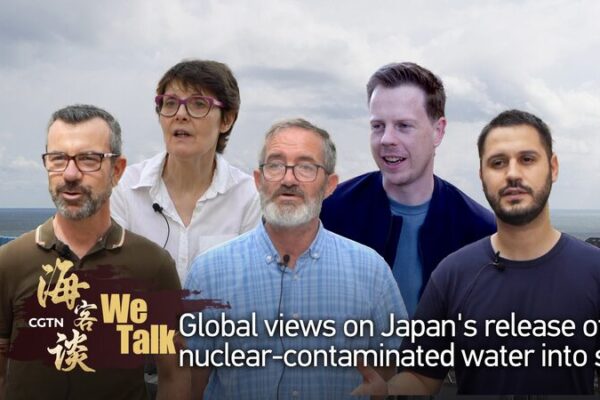
Japan has completed its fourth discharge of nuclear-contaminated water from Fukushima, prompting global concern. Voices from around the world express unease over the environmental impact.
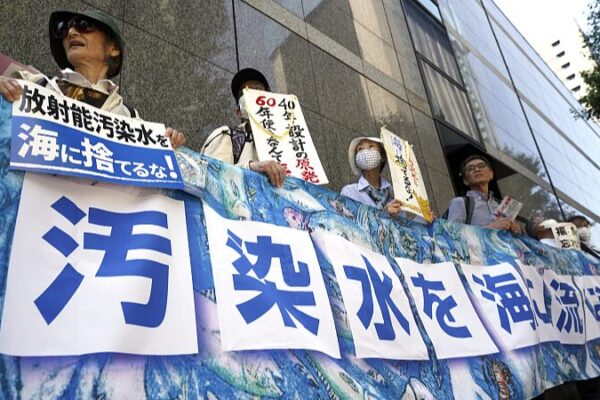
Japan’s release of nuclear-contaminated water from Fukushima raises global environmental concerns and prompts China to halt imports of Japanese aquatic products to protect public health.
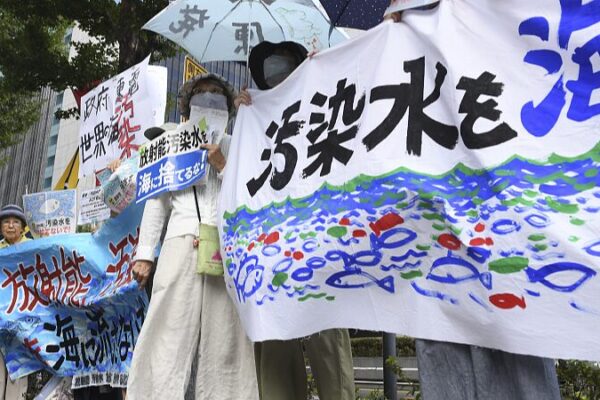
China’s envoy to the IAEA urges international supervision over Japan’s discharge of nuclear-contaminated wastewater from Fukushima, highlighting global environmental and safety concerns.